Jakarta, MINA – Malaysian Defense Minister Mohamad Sabu said their country did not want conflict or even open war in the South China Sea.
According to him, Southeast Asian countries including Malaysia and Indonesia will incur losses if there is an open conflict with a large country in the waters which is the main route of international trade.
“We want to make sure that there is no war in this region (South China Sea). If tensions apply here (the South China Sea), the loss will be the country around the waters,” said Mohamad Sabu as quoted from CNNIndonesia on Tuesday.
“While a large country like the United States will not be affected because it is far away. The impact will be us (countries in Southeast Asia),” he added.
Also Read: At Least Nine Children and One Woman Killed in Pakistani Airstrike on Afghanistan
Sabu said as a maritime country, Indonesia needs to strengthen the country’s defense, especially the navy.
In addition, he stressed that the countries in Southeast Asia must prioritize dialogue with large countries such as China and the US which are often involved in conflicts in the South China Sea.
“Like the big countries that are looking for influence (in the South China Sea), we have to enggage them like the US, China and Russia, so there is dialogue,” he said.
China claims 90 percent of the waters of the South China Sea as its territory. Since then, the waters that are rich in natural resources have become conflict-prone.
Also Read: Pakistan Condemns Israeli Settler Attacks in West Bank, Al-Aqsa Storming
Malaysia is one of the countries in Southeast Asia that has overlapping territorial claims with China in the South China Sea. Besides Malaysia, the Philippines, Vietnam, Cambodia, and Thailand also disputed with China in these waters.
Although the International Permanent Arbitration Court rejected Beijing’s claims in the South China Sea in 2016, President Xi Jinping’s government insisted on building a number of military installations and even artificial islands in those waters.
In order to prevent conflict, ASEAN countries and China agreed to form a code of conduct (CoC) in order to regulate the attitude of the parties to the dispute in South China Sea.
Ten ASEAN countries and China finally agreed to read the first stage or first reading of the CoC issue in July 2019.
Also Read: China Criticizes US-Drafted UN Gaza Resolution as Vague, Abstains from Vote
On the other hand, China continues to show aggressiveness. Most recently, dozens of Chinese fishing vessels had entered Indonesia’s exclusive economic zone (EEZ) in Natuna, Riau Islands, from last December to this January.
It not only entering the territory, dozens of Chinese fishing vessels also caught fish in Indonesia EEE by escorting coast guard ships and frigate warships of the Chinese government. Although they were able to stay away from Indonesia’s EEZ after being driven out by the Indonesian Maritime Security Agency (Bakamla), the Chinese ships re-entered EEZ.
Indonesia protested against China, but Beijing refused by claiming that the waters around Natuna were part of the South China Sea. Beijing says its fishermen have been fishing for decades in these waters so the country has a historical right to the South China Sea.
Some parties are worried that the China and RI incidents could hamper CoC negotiations that have been deliberated for dozens of years.
Also Read: Former Bangladesh PM Sheikh Hasina Sentenced to Death
However, that concern subsided after the Coordinating Minister for Political, Legal and Security Affairs Mahfud MD said that the governments of Indonesia and China had agreed that there would be no more dispute over Natuna waters. (T/RE1)
Mi’raj News Agency (MINA)
Also Read: Pakistan Declares State of War After Car Bomb Incident






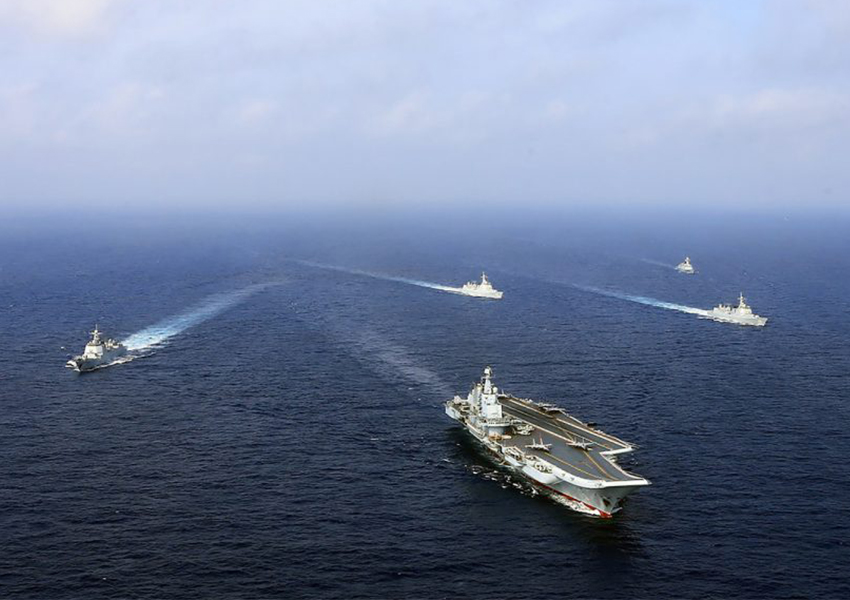









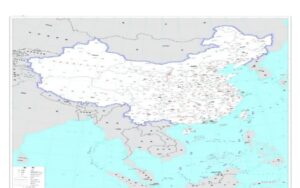
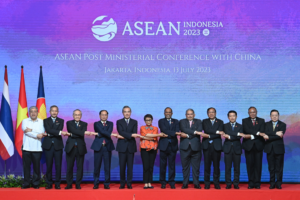
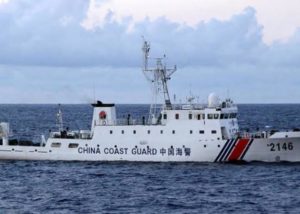
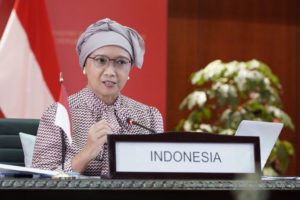
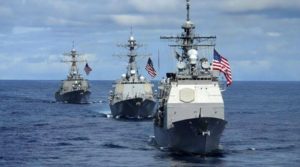













 Mina Indonesia
Mina Indonesia Mina Arabic
Mina Arabic